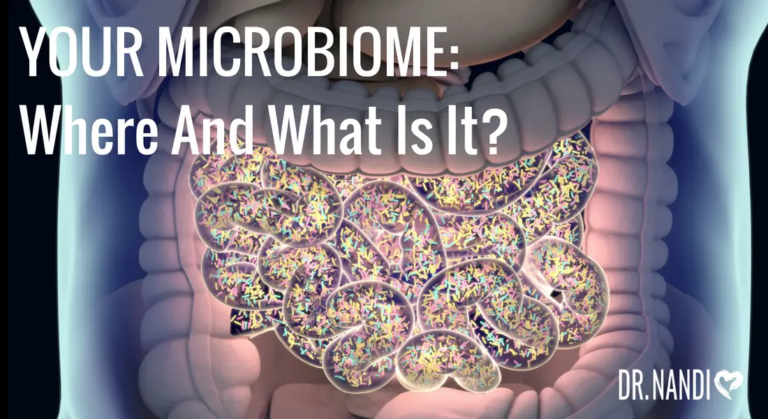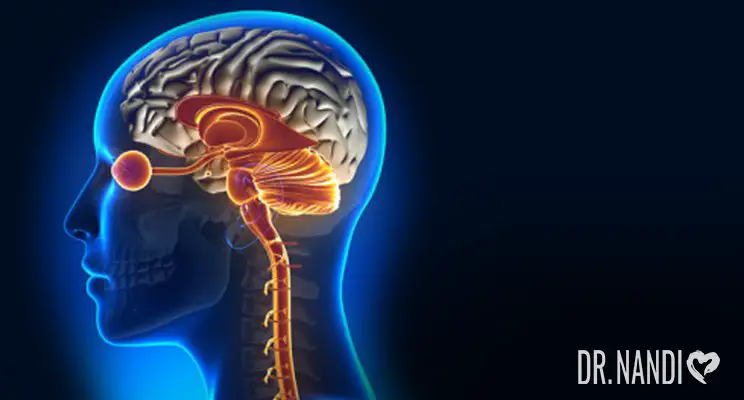It feels like you’re constantly being pulled in 15 different directions in today’s world. There are demands at work, deadlines to meet, and a nasty boss to please. There’s a great deal of pressure at home with bills to pay, windows to wash, and laundry to put away. And then there’s life with your partner, children, parents, family, friends, finances, and more. It’s no wonder so much of America is stressed out.
What many people don’t understand is what stress does to you. Yes, you know it keeps you up at night, making you binge on Oreos, but that’s only the beginning. That’s why Dr. Nandi presents you with five different ways your body reacts when dealing with stress: a crisis, something unexpected, or the day-to-day grind. By understanding what’s happening to your body and why you can be your own health hero and live the best life you can.
Engages the Fight or Flight Mechanism
The body’s natural response to stress is to do one of two things: either fight or flight. In nature, our ancient ancestors’ stressors were life-threatening, whether it was tornadoes or packs of wild dogs. The only options were to stand and fight or run away as fast as possible. While those options aren’t as viable today, your body doesn’t know that and automatically prepares you by inducing the acute stress response system.
Releases Stress Hormones
While the fight or flight mechanism tenses your muscles to prepare you for whatever’s coming your way, the brain releases stress hormones, particularly cortisol and epinephrine, commonly referred to as adrenaline. These chemicals boost your energy and keep you focused on your task. They increase heart rate, blood pressure, and breathing. These hormones also cause the liver to increase glucose production, giving you another energy boost. Yet in today’s world and with modern stressors, the extra sugar boost isn’t needed and can end up being problematic for those under chronic stress and predisposed to Type 2 diabetes.
Compromises Your Immune System
Cortisol increases the body’s inflammation response, which lowers the immune system. For the brief time it takes to respond to stress, this doesn’t have much of an impact, but for those with chronic stress. Colds are more severe and last longer. You’re more prone to infections and likely to get sick when someone around you is ill. For those who go through a period of intense chronic stress, such as taking care of a loved one with a terminal illness, this same inflammation can cause hair to thin and fall out.
Dries Skin and Impedes Healing
When you’re stressed, the body naturally pulls water and moisture from the skin, perhaps to utilize it during exertion to keep you hydrated. Over time, the skin dries out, especially the outer layers, which naturally lose more moisture. Your dry, dehydrated skin begins to lose its ability to heal and regenerate. It slows the healing process and leaves you more likely to have lingering cuts, scrapes, and bruises. Keep an eye on these wounds. When your immune system is compromised, you are more likely to contract an infection.
Increases Gastrointestinal Distress
Stress ever causes you to get butterflies in your stomach? How about the sudden urge to go the bathroom? Has it ever gotten so bad you’ve felt the need to throw up? Well, you’re not alone. Stress hormones are known to upset the stomach, induce vomiting, and even cause diarrhea.
Partha’s Rx
- Chronic stress is linked to numerous disorders and is the cause of 90 percent of family doctor visits.
- Fifty percent of Americans report having extreme stress levels at least part of the time.
- Relaxation techniques, such as deep breathing or yoga reduce the levels of stress hormones.
- Practice mindfulness and learn to be in the moment to combat chronic stress.
- Spend time in nature, relaxing the body and allowing the mind to reset.





















